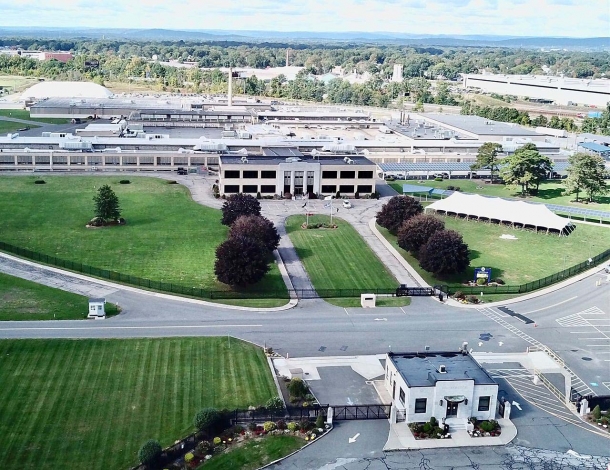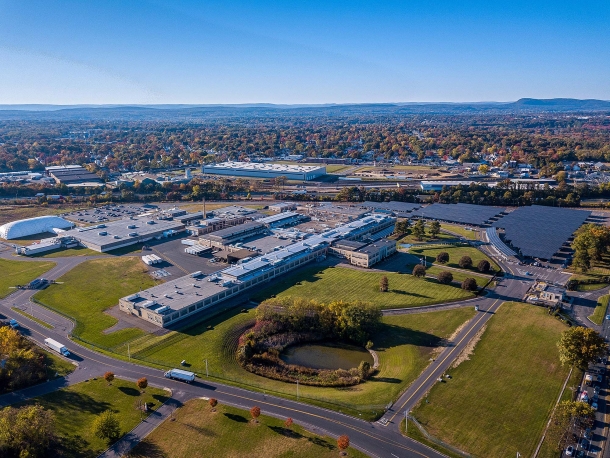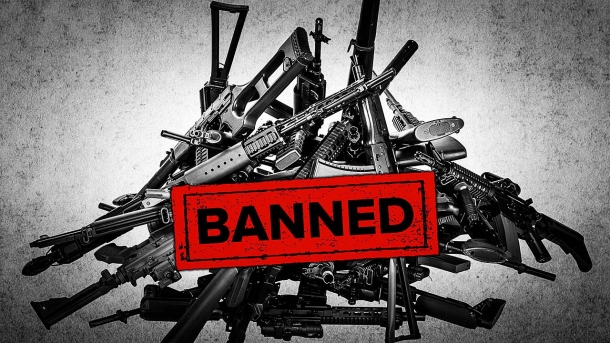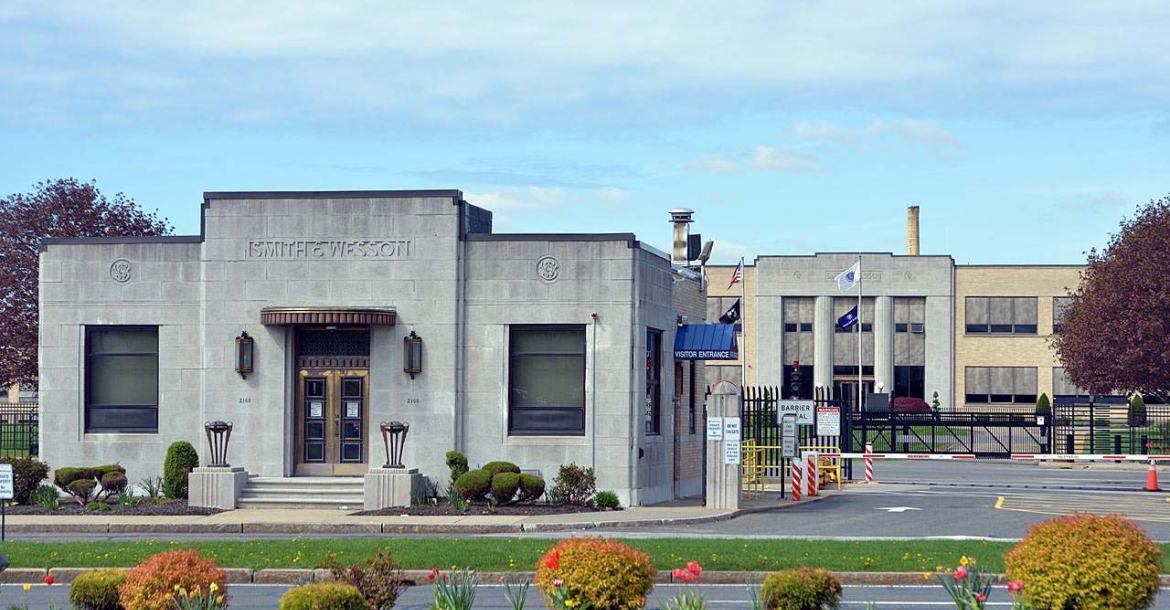Smith & Wesson relocates to Tennessee!
Smith & Wesson officially announced that in 2023 most administrative, industrial, manufacturing, and distribution activities will be relocated from Massachussets, Connecticut and Missouri to Tennessee. The reason? Local gun laws!

Smith & Wesson announces its relocation: it's not the first American gunmaker to do that, and given the current political climate, it's likely not to be the last.
On September 30, 2021, Smith & Wesson published a press release announcing that in 2023 both its administrative headquarters and most manufacturing will be moved to a new HQ to be built in Maryville, Tennessee – thus bidding farewell to the town of Springfield (Massachussets) where Smith & Wesson has always been headquartered ever since it was first established in 1852.
As we said, Smith & Wesson is not the first to have left the New England "gun valley" for good: both all-American gun manufacturers and US-based subsidiaries of international brands such as Beretta, Remington, Steyr went "due south" in the past decade, relocating from the Gun Valley – the Connecticut - Massachussets - New York triangle that has historically been the heartland of American firearms manufacturing – to find shelter in southern States such as Tennessee or Alabama.

Smith & Wesson released this rendering of what their new headquarters in Maryville, Tennessee will look like – hosting both its industrial AND administrative activities as a whole

A view of Smith & Wesson's current headquarters in Springfield: the Company has been headquartered in Massachussets ever since it was established in 1852
Smith & Wesson's press release, however, is particularly explicit about the reasons behind the relocation. S&W's President and CEO Mark Smith specifically cited legislation recently proposed in Massachusetts that, if enacted, would prohibit the company from manufacturing certain firearms in the State.
« These bills would prevent Smith & Wesson from manufacturing firearms that are legal in almost every state in America and that are safely used by tens of millions of law-abiding citizens every day exercising their Constitutional 2nd Amendment rights, protecting themselves and their families, and enjoying the shooting sports. While we are hopeful that this arbitrary and damaging legislation will be defeated in this session, these products made up over 60% of our revenue last year, and the unfortunate likelihood that such restrictions would be raised again led to a review of the best path forward for Smith & Wesson.»
Smith & Wesson also announced that, as part of the consolidation in Tennessee, the Company's plastic injection molding facility in Deep River (Connecticut) and the distribution operations in Columbia (Missouri) will also be shut down. No job will be affected before 2023; however, by that time, some 750 jobs will move to Maryville. Total investment in the project is estimated at $120 million, will be funded from cash on hand, and is expected to be accretive to EPS by $0.10 to $0.12 per year once fully operational.

Smith & Wesson hopes to keep as many of its current employees as possible: the Company will assist any affected employee who is willing and able to move with financial and logistical relocation assistance. However, any affected employee who will be incapable or unwilling to move will also be assisted with enhanced severance and job placement services.
The key point in all of this is (or should be) the economic, industrial, and social impact of anti-gun policies: States with restrictive laws concerning the lawful purchase, ownership, carry and use of firearms by law-abiding citizens – Connecticut, Massachussets, New York, Maryland, New Jersey, Illinois, California, and others – have constantly witnessed in the past years a flight of firearms manufacturers from their jurisdictions to elsewhere, and suffered economic consequences as well as reductions in workforce and tax revenue as a result.

Smith & Wesson and other companies were forced to relocate due to anti-gun politicians and legislation gaining a foothold in their historic homeland: will voters finally get a grip on the social and economic catastrophe that lies in wait behind gun bans?
Such consequences have however not been enough to make anti-gunners worldwide realize that their ideas have catastrophic consequences not just in terms of public safety and individual rights, but also in terms of job losses, reduced income for local Governments in form of less taxes paid in their jurisdictions, and less money in the people's pockets.
Will the end of the Massachussets chapter of Smith & Wesson's "American Story" teach voters worldwide a lesson on being very watchful of the ideas and principles of their elected representatives, and on remaining skeptical in front of the "industrial reconversion" pipe-dreams brought forward by those who wish to see all "weapons" manufacturers shut down – and who never, ever actually deliver on those pledges of "reconfigurations" and "new, ethical, green jobs" afterwards?
We frankly doubt it, but hope isn't banned... just yet.



